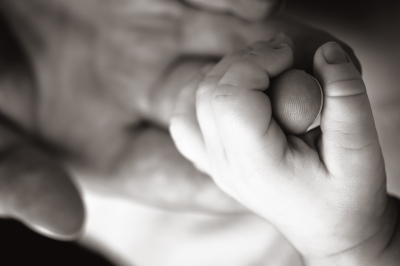 Attachment theory is an attempt to explain differences in the dynamics of long-term human relationships based on how an infant connects on an emotional level to a primary caregiver – usually its mother. The theory was first developed by John Bowlby, a British psychologist and psychoanalyst.
Attachment theory is an attempt to explain differences in the dynamics of long-term human relationships based on how an infant connects on an emotional level to a primary caregiver – usually its mother. The theory was first developed by John Bowlby, a British psychologist and psychoanalyst.
No couples counselling spaces (or recommendations) during 2022 and 2023. Individual counselling for relationship difficulties only.
Bowlby emphasized the importance of infant-caregiver relationships particularly in terms of establishing a sense of security (often referred to as a ‘secure base from which to explore the world’) and how we carry forward our early experiences of relating into adulthood. As such, if as a baby and young child we felt reasonably safe and secure in our relationship with whoever took care of us for most of the time, so we will enter into adult-to-adult relationships with an expectation of safety and security. Alternatively, if we were not able to form a good enough secure attachment with an important person as an infant, we might find it difficult to e.g. trust others or deal with strong emotions in later life.
Attachment theory underpins many modern approaches to counselling and psychotherapy and can be useful to bear in mind when attempting to change patterns of relating that are causing us concern. Since attachment behaviour is assumed to be learned, as such it follows that new ways of relating to others can also be learned. Often, the relationship between therapist and client acts as a secure base from which to explore different ways of being with others. We are able to see that the decisions we made as infants about how to have our needs met and keep ourselves feeling emotionally safe do not necessarily apply to our current relationships. In couples counselling, attachment theory is a useful aid to finding meaning in not only our own attachment style but that of our partner’s. An understanding of why our partner might react in certain ways can help us sort out who is responsible for what, which can in turn lead to compassion, closeness and hope.
Copyright – Caroline Clarke
Image courtesy of -Marcus- at FreeDigitalPhotos.net
Contact me:
Address:
-

Categories
- Adult children of narcissistic parents
- Anger
- Anxiety
- Assertiveness
- Bereavement and Loss
- Change
- Communication
- Counselling Practice
- Counselling Theory
- Cross-generational relationships
- Decision making
- Depression
- Empathy
- Finding a counsellor
- Health-related Anxiety
- Mortality
- Parenting
- Psychosomatic symptoms
- Relationships
- Retirement
- Shame
- Stress
- Uncategorized
-
Recent Posts
Archives
- August 2020
- October 2019
- June 2019
- March 2019
- February 2019
- January 2019
- November 2018
- August 2018
- February 2018
- January 2018
- October 2017
- August 2017
- June 2017
- April 2017
- February 2017
- January 2017
- November 2016
- October 2016
- August 2016
- May 2016
- April 2016
- February 2016
- January 2016
- December 2015
- November 2015
- October 2015
- September 2015
- August 2015
- July 2015
- June 2015
- May 2015
- April 2015
- March 2015
- February 2015
- January 2015
- December 2014
- November 2014
- October 2014
- September 2014
- August 2014
- July 2014
- June 2014
- May 2014
- April 2014
- March 2014
- February 2014
- January 2014
- December 2013
- November 2013
- October 2013
- September 2013
- August 2013
- July 2013
- June 2013
- May 2013
- April 2013
- March 2013
- February 2013
- January 2013
- December 2012
- November 2012
- October 2012
- September 2012
- August 2012
- July 2012
Meta
Subscribe to Blog via Email
Join 17 other subscribers